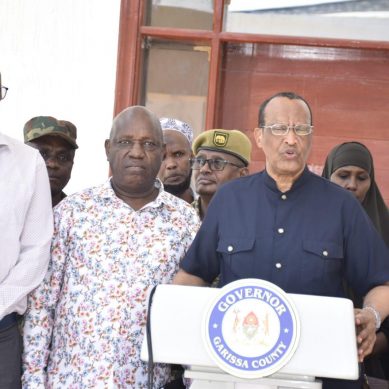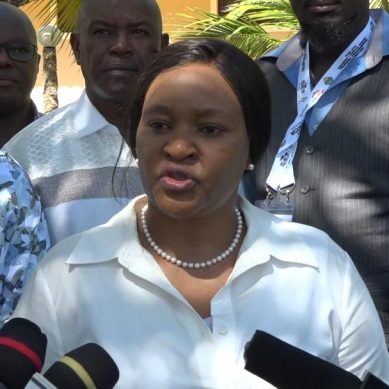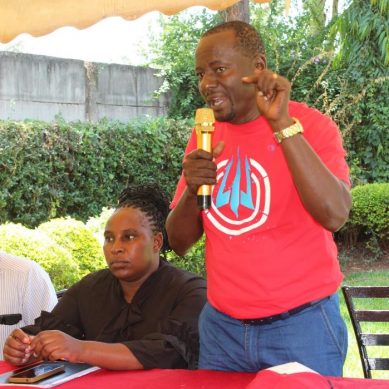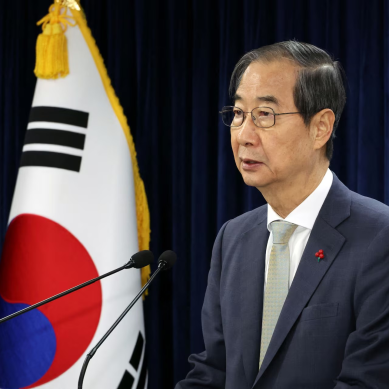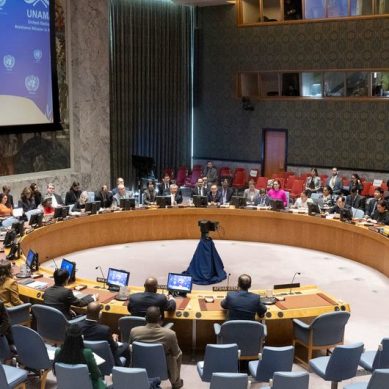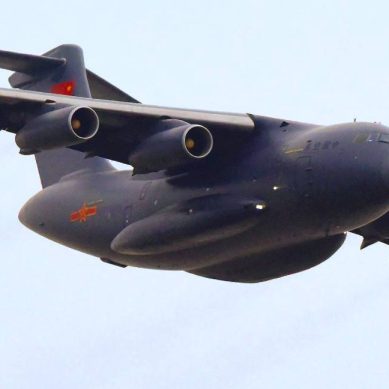WHO chief accuses rebel Rapid Support Forces of killing 70, injuring 19 people in attack on hospital in Sudan’s Darfur region
Officials and others in the capital of North Darfur province had cited a similar figure on Saturday, but Ghebreyesus is the first international source to provide a casualty number. Reporting on Sudan is incredibly difficult given communication challenges, the indiscriminate violence faced by civilians and exaggerations by both the RSF and the Sudanese military.
Saudi Arabia World Cup: Why widow of slain Arabian journalist Jamal Khashoggi wants Fifa to honour husband’s fight for free speech
The human rights strategy in Saudi Arabia’s World Cup bid, carried out by law firm AS&H Clifford Chance, does not mention Khashoggi or free speech once across its 28 pages. Under the scope and methodology section of the report by AS&H Clifford Chance, the firm says the scope of its assessment was “determined by the Saudi Arabian Football Federation in agreement with FIFA”.
Immoral consistency: Why calls by West to sideline Afghan cricket team reek of sports colonialism
What began as a boycott based on the International Cricket Council’s requirement that any nation with Test status must have an active women’s team has morphed into a catch-all protest against the numerous limitations placed on women and girls in the Islamic Emirate.
Africa’s invisible wars, visible suffering: Conflicts are compounded by vulnerabilities, mass displacement and lack of political attention
Despite the grim realities, Patrick Youssef conveyed a note of optimism. He highlighted a MOU recently signed by the ICRC with the African Development Bank as a beacon of hope, and a positive step toward addressing these challenges collectively, in 2025.
South Korea’s Acting President Han holds talks with US President Biden, calms financial markets
South Korean shares rose for a fourth straight session on Friday on hopes that the political uncertainty would ease after the impeachment vote in parliament, which followed a failed vote a week earlier.
UN Security Council concerned Taliban’s ‘Islamic vision’ is eroding freedoms in Afghanistan
The Taliban de facto authority’s enforcement of the so called “Propagation of Virtue and Prevention of Vice” law amplified the erosion of basic freedoms, Ms Otunbayeva said, noting that monitoring by “inspectors” extended into public spaces, NGO offices, mosques, bazars and even weddings.
Depletion of flora and fauna in Congo Forest worries greens as Chinese gold mining threatens protected UN heritage site
Spanning more than 13,000 square kilometres (5,000 square miles), the Okapi Wildlife Reserve became a protected site in 1996, due to its unique biodiversity and large number of threatened species, including its namesake, the okapi, a forest giraffe, of which it holds some 15 per cent of the world’s remaining 30,000. It’s part of the Congo Basin rainforest – the world’s second-biggest – and a vital carbon sink that helps mitigate climate change. It also has vast mineral wealth such as gold and diamonds.
‘While donor countries often respond sluggishly to warnings of food crisis, combatants close borders and make it difficult to deliver aid’
The first famine the IPC identified – in 2011 in Somalia – illustrates the devastating toll when aid arrives too late. Drought and armed conflict among militant groups fighting for control of the country’s south led to mass displacement and dire food shortages from 2010 through 2012. IPC analyses repeatedly warned of an imminent risk of famine.
Report: Famine catastrophes result from governments fear of international stigma and political blowback at home for failing to feed own people
Martin Griffiths, who stepped down as UN humanitarian relief chief in June, said shortages of data, money and access to areas where people are starving has created a situation in which “your hands are tied behind your back from the beginning.”
Scramble for Africa’s natural resources ushers in militarisation of China’s foreign policy
China’s expanded African engagements follow its global ambitions. When FOCAC was launched in 2000, China had no peacekeepers in Africa and lagged far behind the United States and Europe in the training of African students, civilian and military professionals. Chinese security assistance was non-existent, and China was absent in African security debates.
